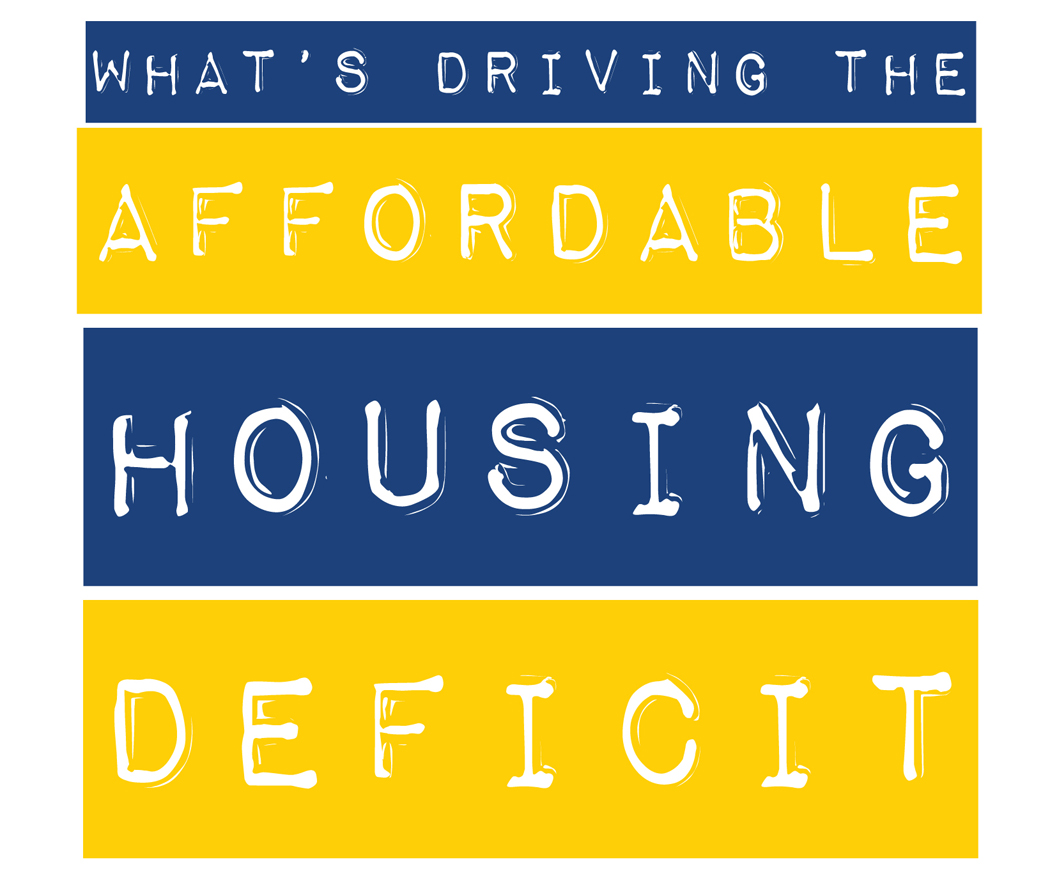Demand for affordable housing in Greensboro is high, yet, the aging and substandard housing stock does not meet the demand leading to a crisis.
Unfortunately, as we have seen the private investment market cannot take care of all the needs for affordable house in Greensboro. It takes public-private partnerships. We need to continue proactively and affirmatively promoting fair, healthy, and affordable housing in Greensboro for all. We need more low-cost housing in high opportunity neighborhoods. The evidence from a history of building assisted housing in already poor neighborhoods shows that it does not work. We need mixed income development to be encouraged by policy makers and made real by developers. Yet, we need to be careful about gentrification. The approach to ‘fixing’ segregation has often been to declare low-income black neighborhoods as blight and then redevelop them. In the process the residents are priced out of their neighborhoods.
According to senior research associates Rebecca Cohen and Keith Wardrip at the Center for Housing Policy, “affordable housing does more than improve the quality of life for local residents – it strengthens the local economy by creating jobs and fortifying a community’s tax base. Providing affordable housing also yields economic benefits to local employers by making it easier to attract and retain workers.”
If a majority of voters cast a “yes” vote for the bond, Greensboro will have some of the resources needed to address the affordability gap in our City.
More at WHAT’S DRIVING THE AFFORDABLE HOUSING DEFICIT IN GREENSBORO?
